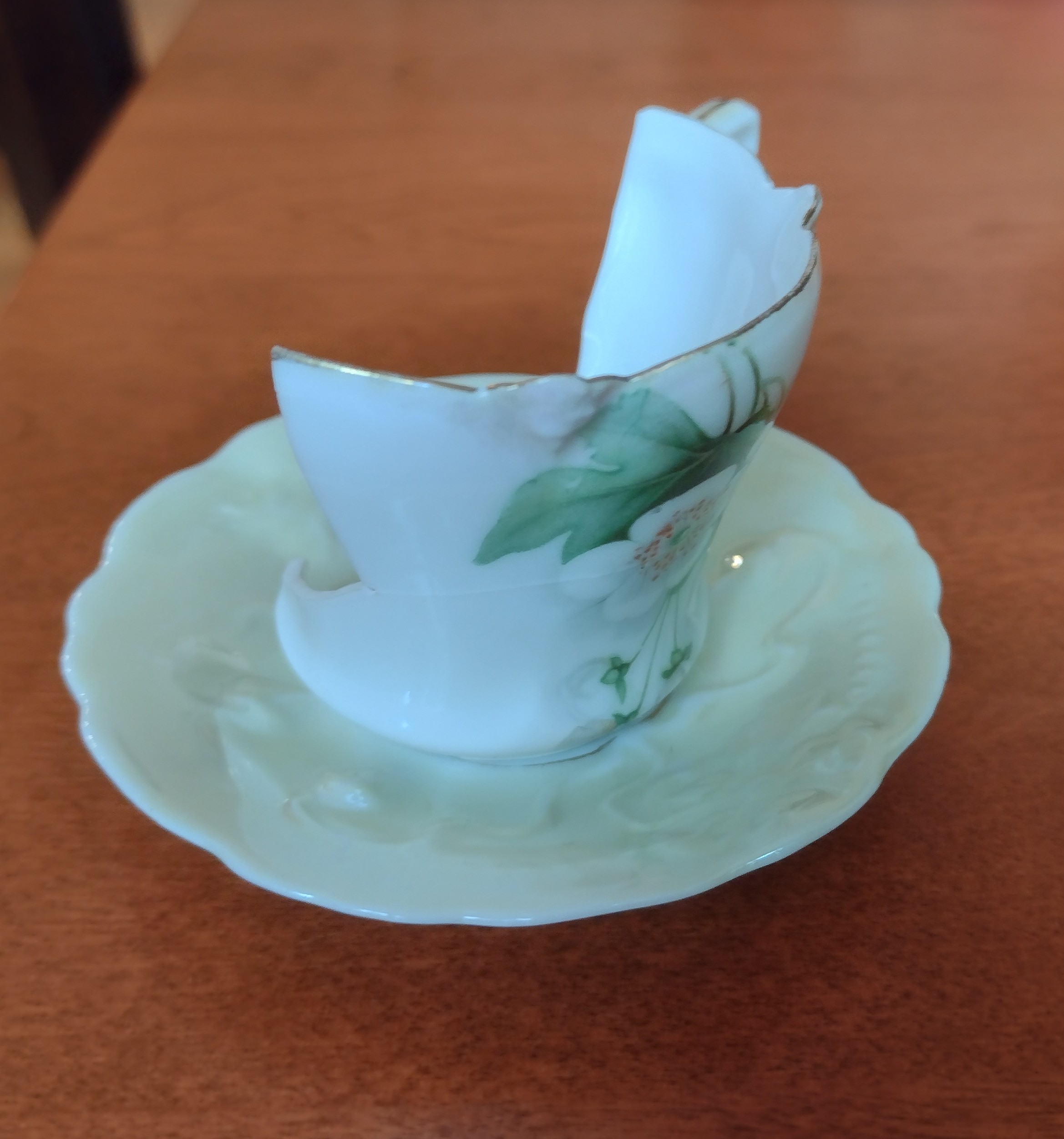
One Drab Brown Thing
Ordinary Time (the church season between Pentecost and Advent)… is just so… ordinary. Advent, Epiphany, Lent, Easter, Pentecost are filled with purpose and exciting stories. People especially flock to church at Christmas and Easter because they are special, high holy days with special music and special decorations and filled to the brim with celebration. During Ordinary Time people seem to drift off, not much special going on. But isn’t life mostly “ordinary time” punctuated by celebrations and maybe not-so-celebratory events? Instead of letting the divine disappear into the background during these normal times, perhaps we need to remind ourselves to look deeper and rediscover God in all these normal, boring ordinary places, times, things and people.
So, for the next few weeks I’ll invite us to contemplate the divine hidden within the ordinary. How often do we overlook the small, the simple, and the mundane, forgetting that God is not confined to grandeur but is woven into the very fabric of our everyday lives?
Jesus even used “small brown things” in his parables - a mustard seed and yeast - to teach about deeper spiritual truths, hidden things the scripture says.
In case you’ve never seen one, a mustard seed is a teeny tiny drab brown thing. Jesus said:
“The kingdom of heaven is like a mustard seed which a farmer sowed in a field. It is the smallest of all seeds, but when it has grown, it is the biggest shrub of all - it becomes a tree, so that the birds of the air come and perch in its branches.” (Matthew 13:31-32, The Inclusive Bible)
The kingdom of heaven is not a palace in the clouds with a throne for Father God. The kingdom of heaven is within, Jesus said, it is a higher state of consciousness, an experience of the highest form of love and peace. It is the lived expression of this in justice, compassion, equality and mercy. But does it typically show up in flashy, lightning-bolt-from-the-sky sort of ways? Nope. That seed of higher consciousness is tiny and easily overlooked. It grows quietly and often slowly, it takes care – love, watering and nurturing – to grow into something visible. But it has the potential to become the largest of trees in which others can take shelter.
Consider this poem by Chan Sei Ghow:
One pebble drab and brown
I keep and cherish.
Everyone should love
One drab brown thing.
Can you think of one drab, brown thing you cherish? Maybe it is something that should really be replaced, but you can’t because you “love” it, it has meaning, maybe even “soul” to you? What is it and why do you cherish it?
One thing I cherish that I should probably just throw away is a broken tea cup. It reminds me of taking my daughter on visitations with me when she was small. We just to sit and have tea (or milk) and cookies with an older woman by the name of Marge Renak. The broken cup reminds me of kindness, generosity and sweet moments of care and sharing.
We cherish ordinary, often beyond-useful, “drab brown things” because they remind us that beauty and worth do not always conform to worldly standards. Beauty and worth are found in memories, in connections to people and events, in lessons learned and love remembered. It’s easy to marvel at bright flowers or polished diamonds, but those worn out, imperfect objects invite us to slow down and recognize the divine in all things.
Yeast is very similar… Jesus said:
“The kingdom of heaven is like the yeast a baker took and mixed in with three measures of flour until it was leavened all through.” (Matthew 13:33, NIV)
Yeast is invisible in dough, working quietly to transform it from within. In the same way, God’s presence transforms our lives and communities subtly and steadily. The yeast reminds us of the divine working in the background, the unnoticed smiles, the whispered prayers, and the quiet acts of kindness that ripple through the world.
There was once a janitor who worked in a bustling hospital. Day after day, people passed them by without a second thought. Yet, that janitor took care to pray over every room they cleaned, asking God to bless the patients within. No one saw these prayers, but their impact was felt deeply. Nurses and doctors began to notice the peace that seemed to linger in those spaces, unaware of the quiet yeast working in their midst.
A conductor of one of the nation’s great symphonies was once asked to name the instrument he thought was the most difficult to play. After thinking the question over, he replied, “Second fiddle. I can get plenty of first violinists. But to find one who can play second fiddle with enthusiasm is often a problem. And if we have no second fiddles, there is no harmony.”
Like yeast, the ordinary second fiddle works in the background bringing depth and harmony to music. And so it is with ordinary things that we could easily overlook, but which mean so much.
When we recognize the divine in the ordinary it transforms our perspective and deepens our gratitude. Seeing the sacred in the pebble, the broken cup, the seldom acknowledged second fiddle helps us to live with more reverence for all creation, to value that which the world often discards.
Love & Light!
Kaye



